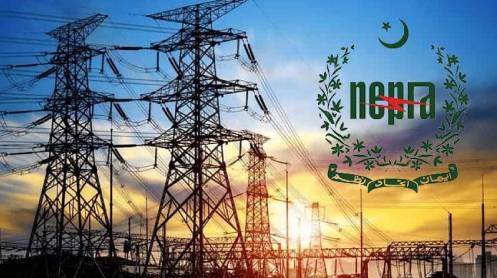ISLAMABAD: Amid mounting criticism of independent power producers (IPPs), Prime Minister Shehbaz Sharif has established a task force to engage international firms in reviewing IPP agreements and proposing measures to reduce capacity payments.
Currently, electricity consumers are burdened with over Rs2.2 trillion in capacity charges, including payments to non-operational IPPs. Consumers pay Rs9 per unit to active plants but a staggering Rs18 per unit to plants that generate no electricity, amounting to 70% of the total electricity generation cost.
Sources told The Express Tribune that the task force will recommend strategies to reduce these capacity payments, potentially by shutting down certain plants and addressing other critical issues. The review will focus on the cost of establishing IPPs, identifying malpractices, and regulatory weaknesses, aiming to rectify these issues and resolve the circular debt problem in the energy sector.
The All Pakistan Textile Mills Association (APTMA) has also highlighted the financial strain due to exorbitant energy costs. APTMA Central Vice Chairman Naveed Ahmed urged the government to lower interest rates from 19.5% to 6-7%, reduce electricity costs to 8-9 cents per kWh, and eliminate unreasonable taxes on imports, exports, and earnings. APTMA Southern Zone Chairman Zahid Mazhar emphasized the severe problems faced by export-oriented textile industries in Sindh and Balochistan due to inconsistent gas and electricity supplies, calling the expensive energy “unacceptable and disastrous.”
The task force, led by Federal Minister for Power Awais Ahmad Khan Leghari, includes key government officials and industry experts. It is tasked with implementing structural reforms to reduce the federal government’s financial burden and create an efficient, self-sustaining, and competitive power market. The committee will also recommend measures to utilize excess capacity by industries and Special Economic Zones (SEZs).
The task force has the authority to co-opt experts from various sectors and seek assistance from local and international consulting firms. It will not only conduct fact-finding but also oversee the implementation of its recommendations, receiving full support and budget allocation from the federal government. Within a month, the task force will submit its recommendations and an implementation plan for the prime minister’s consideration.
The Power Division will notify the task force, supported by the special secretary, who will head the committee secretariat.





